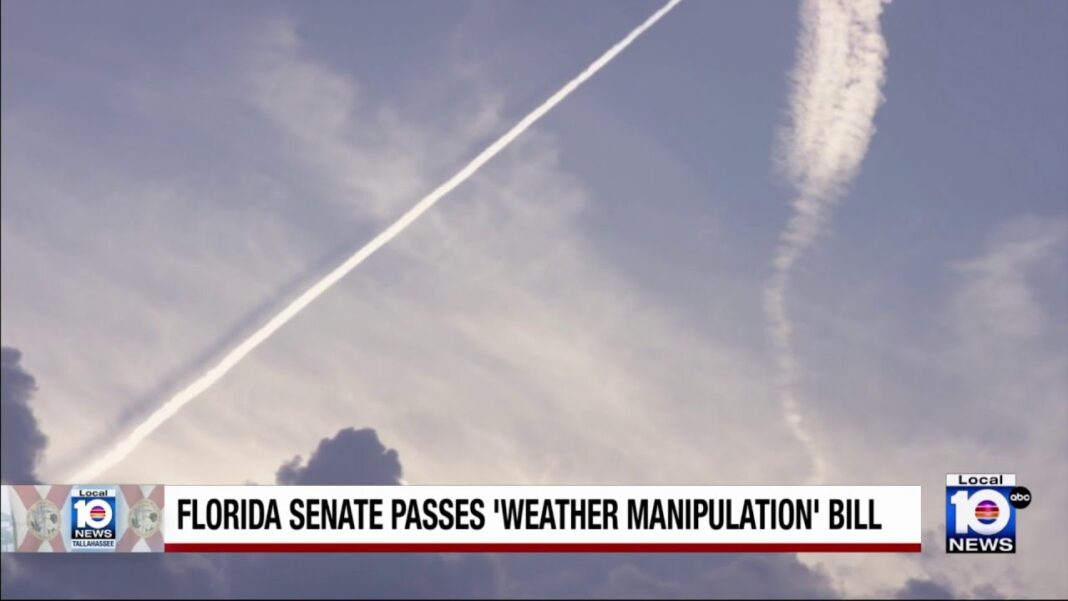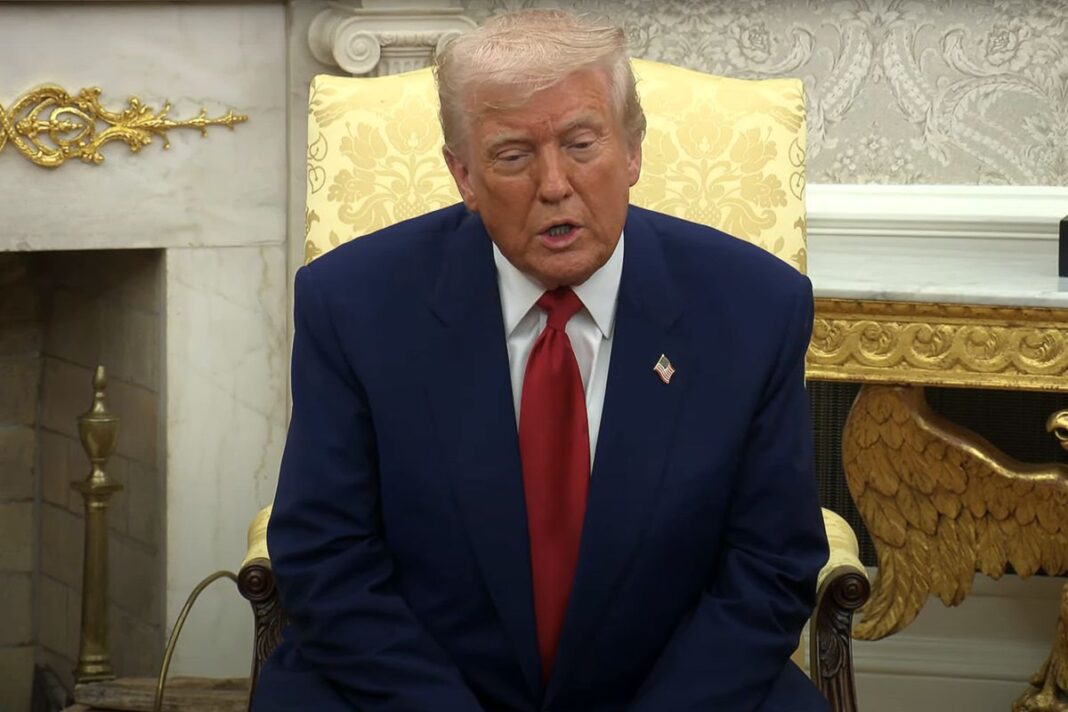
The Supreme Court ruled that the case was wrongly brought in Washington, instead of where illegal immigrants are being held.
A federal judge whose orders preventing the Department of Homeland Security from deporting suspected gang members were recently vacated by the Supreme Court has canceled a hearing that could have led to an extension of the orders.
U.S. District Judge James Boasberg in a minute order on April 8 cited the Supreme Court’s action in canceling the hearing, which was scheduled for Tuesday in Washington and slated for arguments in favor of and against entering a preliminary injunction against the government.
Justices on Monday said that temporary restraining orders (TROs) entered in March by Boasberg against federal authorities were being vacated because the case was brought by Venezuelan nationals in Washington even though they were being held in Texas.
Justices said illegal immigrants detained under President Donald Trump’s Alien Enemies Act declaration, which said that the Venezuelan gang Tren de Aragua is working with the Venezuelan government to invade the United States, can challenge their detainments, but only through habeas corpus petitions brought in venues where they’re detained.
“In yesterday’s ruling vacating this Court’s TROs, the Supreme Court held that Plaintiffs cannot be deported under the Alien Enemies Act without an opportunity to challenge their removal in federal court. It also determined that the appropriate venue for such proceedings is the Southern District of Texas or wherever Plaintiffs are currently held,” Boasberg wrote. “This Court accordingly ORDERS that … today’s preliminary-injunction hearing is VACATED.”
Compared to a temporary restraining order, a preliminary injunction stays in place for a longer period of time, typically until a court decides a case in favor of a party.
The judge also directed the Venezuelan nationals who sued the administration to inform him by April 16 whether they “believe that they still have a basis to proceed on their Motion for Preliminary Injunction in this Court and, if so, proposing a briefing schedule.”
The action came after government lawyers notified Boasberg of the Supreme Court’s ruling.
“Based on the Supreme Court’s decision, Plaintiffs’ motion for a preliminary injunction should be denied, and this case should be dismissed for lack of jurisdiction. Furthermore, the Supreme Court’s decision eliminates the basis for this Court’s order to show cause, which should therefore be dissolved as well,” they wrote.





